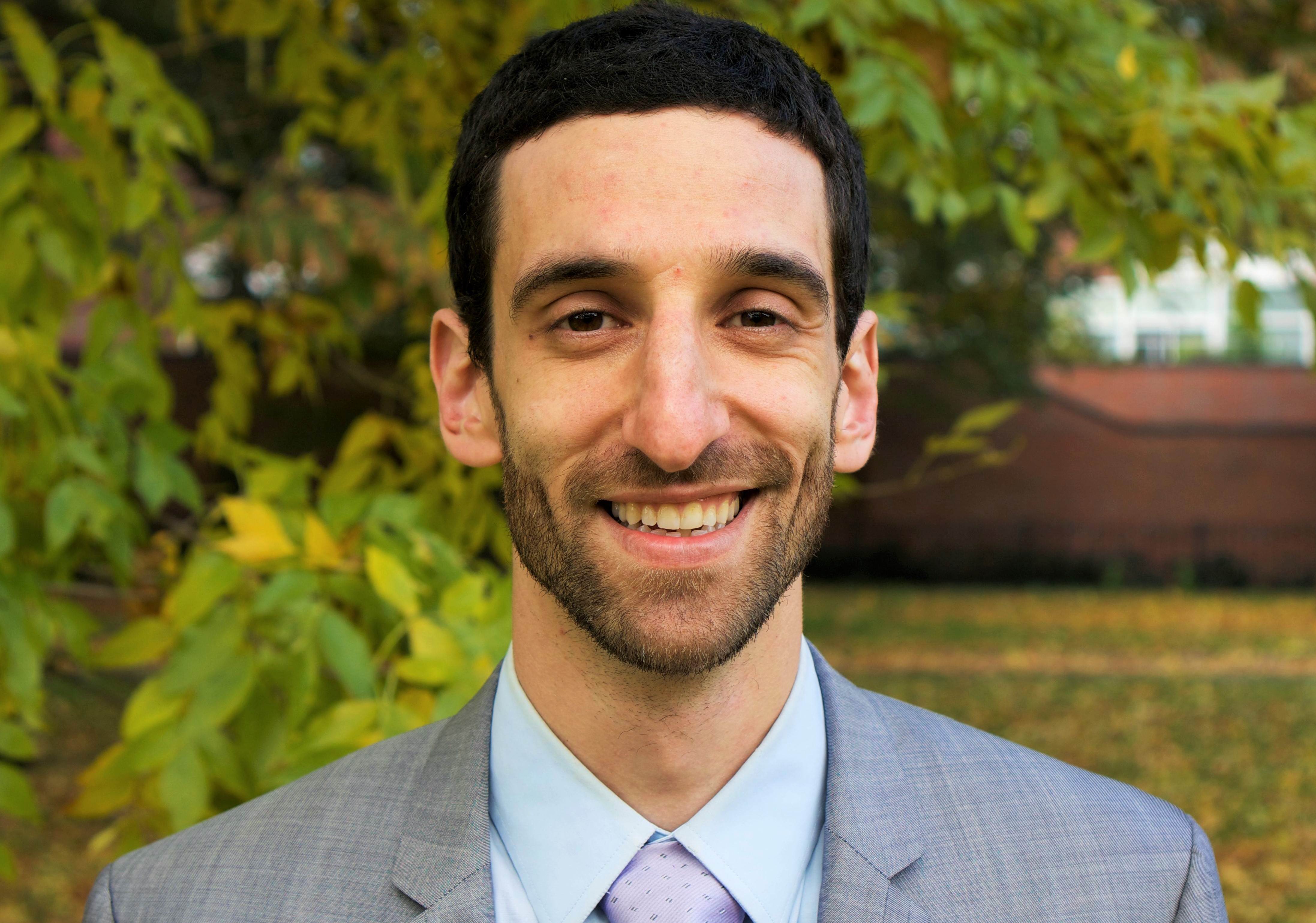Samuel Stolper

The economics rationale for environmental regulation is simple and strong: private decisions about how much to pollute lead to socially undesirable levels of pollution. We need policy to correct this flaw in markets. The question is, which policies? A government’s challenge is to balance environmental quality with a fair and healthy economy. In my work, I try to inform the pursuit of that balance, by studying the varied impacts of energy and environmental policy.
I’m especially interested in issues of equity. Environmental problems often disproportionately affect poorer and more vulnerable segments of society – the obvious example is climate change. Furthermore, the policies designed to address such problems sometimes themselves have unattractive distributional properties. A couple of my ongoing research projects speak directly to these challenges.
The first of these projects (Who Bears the Burden of Energy Taxes? The Role of Local Pass-Through) focuses on the distributional impacts of automotive fuel taxes. Fuel taxes are used by dozens of countries and are seen as potential levers by which to meet international targets for greenhouse gas emission reductions. However, they (and related policies) are often thought to be regressive – that is, relatively worse for poorer households.
The logic of this presumption is that relatively poorer households spend a greater proportion of their budget on energy, so their effective tax rate is correspondingly higher. But this logic assumes that all households experience the same price change as the result of a tax hike. In my analysis of the Spanish automotive fuel market, I find that richer areas see the price of retail fuel jump systematically more than poorer areas, for the same tax hike. That finding suggests that the alleged regressivity of energy taxes may be overstated. In the particular setting of Spain, adjusting welfare calculations to reflect observed pass-through patterns reveals state diesel taxes to be progressive.
A second project in which I’m engaged (Can Environmental Policy Reduce Infant Mortality? Evidence from the Ganga Pollution Cases) is an evaluation of environmental policy in the developing-country context. From a distributional perspective, nations like India and China have some of the worst environmental quality in the world and are predicted to be disproportionately burdened by climate change. But they are also the places where energy usage and economic activity are slated to rise most. In these nations, successful environmental policy means reducing pollution without compromising the growth to which citizens are entitled. Along with co-workers, I am examining what drives successful policy in the specific context of industrial water pollution into India’s rivers.
To complement my research, I place great emphasis on teaching and communication of knowledge in economics and public policy. This coming spring, I will teach 14.42 Environmental Economics and Policy at MIT. In September 2017, I will join the faculty of the University of Michigan’s School of Natural Resources and Environment, teaching the Economics of Climate Change. I also write blog articles for Harvard-based Sense and Sustainability, which develops leadership skills and provides online content related to the topic of sustainability.


